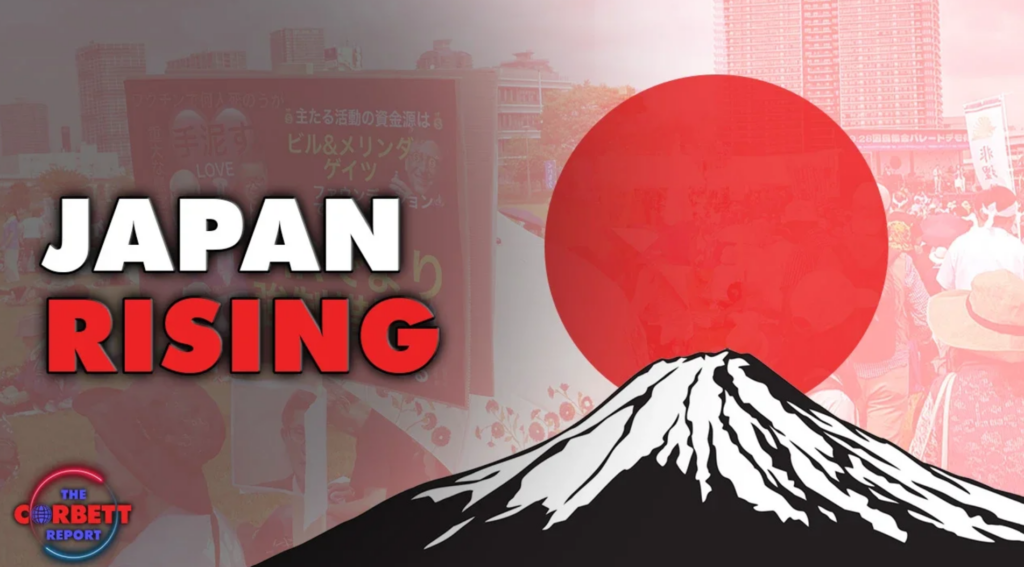The recent International Crisis Summit held in Tokyo raised alarm about the introduction of “replicon” self-amplifying mRNA vaccines, which some attendees likened to a third atomic bomb due to their potential impact on public health. James Corbett, a prominent figure at the summit, aimed to highlight these concerns by documenting the event and engaging in direct discourse with members of the Japanese Diet about the implications of such medical interventions. The summit attracted widespread attention as experts, activists, and concerned citizens gathered to voice their apprehensions regarding the safety and efficacy of these new vaccine technologies.
During the summit, a variety of speakers expressed their fears that the replicon mRNA vaccines may pose unprecedented risks to individuals and communities. This new technology, which allows the vaccine to replicate within the body, raises questions about long-term effects, potential side effects, and ethical considerations surrounding informed consent. Proponents of the vaccine argue that it represents a significant advancement in medical science, potentially improving the rapid response against infectious diseases. However, the opposing viewpoint stresses the importance of comprehensive safety testing and transparency before widespread deployment.
In addition to the speeches, a significant rally took place in central Tokyo, emblematic of the growing public dissent against what many view as a hasty and dangerous implementation of such vaccines. The rally served as a platform for individuals to voice their opinions and concerns, reflecting a broader mistrust of pharmaceutical companies and government entities. This mobilization of citizens underscores the rising importance of bodily autonomy and individual rights in the context of public health policy.
Corbett’s involvement extended beyond merely documenting the activities; he also presented arguments against mandatory vaccination policies and advocated for personal choice in medical interventions. Highlighting the critical need for individuals to have sovereignty over their own bodies, Corbett’s message resonated with many attendees, fostering a strong sense of community and shared resolve among those protesting against the new vaccine strategies. His emphasis on the rights of individuals was a recurring theme throughout the summit and rally, as participants called for ethical considerations in health decisions.
The implications of the summit discussions resonate far beyond Japan, as similar debates about vaccine mandates and health interventions are occurring globally. As governments and health agencies grapple with how best to respond to emerging public health threats, the experiences and sentiments expressed in Tokyo could serve as a blueprint for other nations facing similar dilemmas. The pushback against replicon mRNA vaccines uniquely highlights the intersection of technology, ethics, and civil liberties in health governance.
In conclusion, the International Crisis Summit underscored the urgent need for ongoing dialogue about the introduction of innovative medical technologies like the replicon mRNA vaccines. As public sentiment continues to evolve, it is crucial for health officials, lawmakers, and community members to engage constructively in discussions that prioritize safety, transparency, and individual rights. The Tokyo summit not only captured the concerns of many citizens regarding the future of vaccination and health policies but also demonstrated the power of collective action in advocacy for a more cautious and informed approach to public health interventions.

